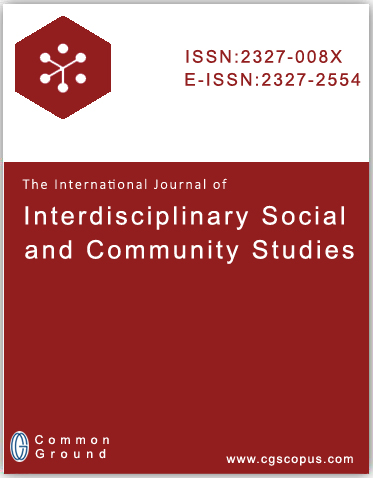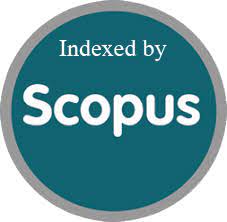VALIDATION AND ADAPTATION OF THE INTERCULTURAL INCLUSION SCALE FOR STUDENTS IN MUSICAL CONTEXTS (IISC-M)
DOI:
https://doi.org/10.18848/fhcp7k20Keywords:
Intercultural inclusion, Music Education, Student Perceptions, Quantitative analysis, Questionnaire ValidationAbstract
This article presents the validation and adaptation of the Intercultural Inclusion Scale for Students in Musical Contexts (IISC-M), a questionnaire designed to assess students’ perceptions of intercultural inclusion in music classes. This instrument was developed in response to the lack of similar tools and is grounded in the potential of music as a medium for integration and intercultural understanding. A quantitative methodology was employed to ensure precision and generalizability of results, incorporating expert judgment evaluated through the Content Validity Index (CVI), exploratory and confirmatory factor analyses, internal consistency tests (Cronbach’s alpha and McDonald’s omega), and test-retest procedures to assess temporal reliability. The final instrument comprises 24 items distributed across five dimensions: intercultural inclusion in the music classroom, perceived similarity in musical abilities, intercultural relationships, intercultural conflict resolution, and cultural learning. The sample consisted of 658 students aged 6 to 54 from various educational institutions (primary and secondary schools, music schools, and conservatories) in Andalusia, Ceuta, and Melilla. Statistical analyses revealed a robust factorial structure with satisfactory fit indices (CFI = 0.87, TLI = 0.84, RMSEA = 0.05) and high temporal stability (r = 0.92). The results indicate that music fosters inclusive attitudes, empathy, coexistence, and respect for cultural diversity, highlighting its pedagogical value in building more equitable and cohesive educational environments. The IISC-M is validated as an effective tool for future research and pedagogical practices aimed at promoting inclusion from an intercultural perspective through music education.










